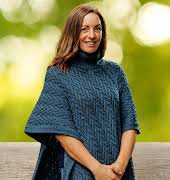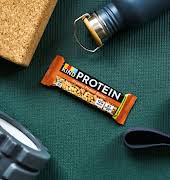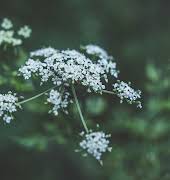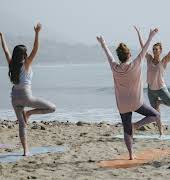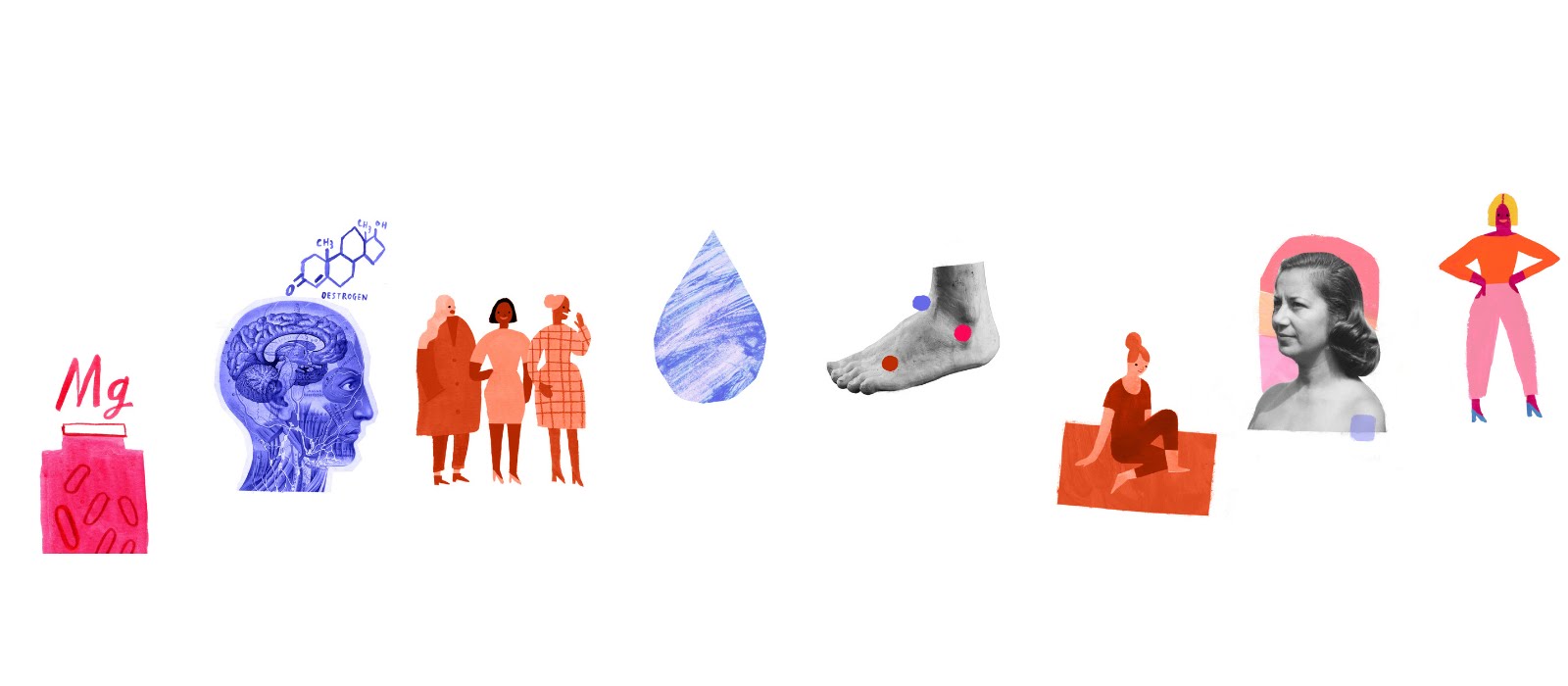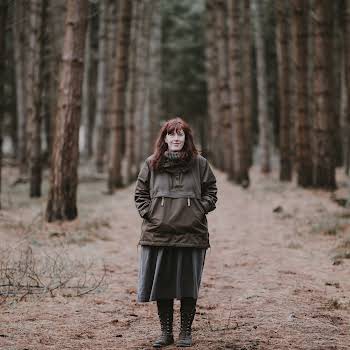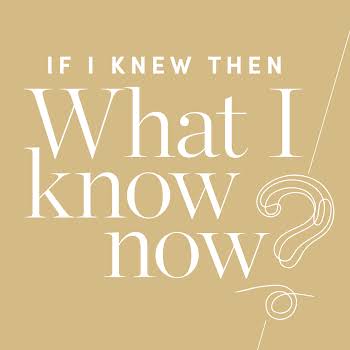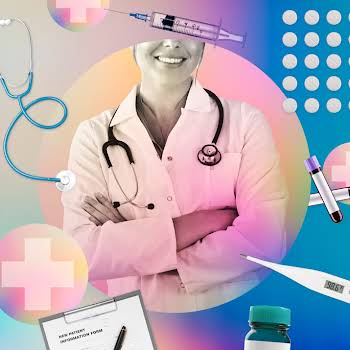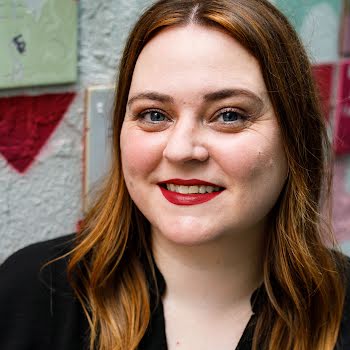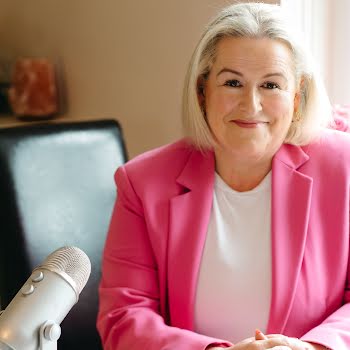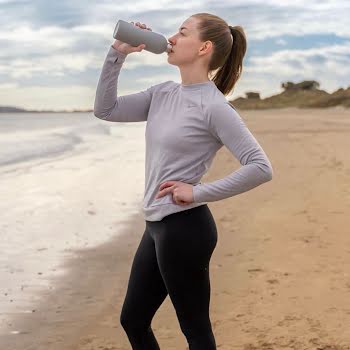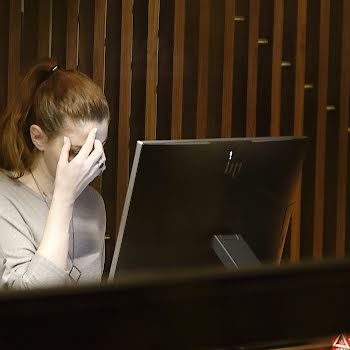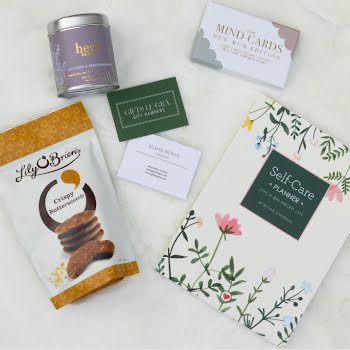Mastering menopause: a nutritional therapist on nourishing yourself
Across the country, women are navigating a wide range of menopausal symptoms – with little or no support. We call in the experts, and ask, what do women need to know to get through this life stage?
The menopause is one of the biggest events in any woman’s life and yet it is also one of the least talked about.
Most women cope with this confusing rite of passage by keeping quiet or making a joke of it. It doesn’t help, of course, that it occurs at one of the busiest stretches of a woman’s life. According to Annemarie Byrne, a nutritional therapist and coach, “Most of the women who come to me have the foot on the pedal. They have young kids, a career, ageing parents who need care. Stress levels are high. They are slow to realise they are in this period of change because they are last on their own list.”
Loretta Dignam is the founder of The Menopause Hub, a clinic for women going through the menopause that offers, among other things, GP assessments, nutritional guidance, physio and acupuncture. “I give menopause education and awareness training in the workplace and when I present the 40-odd symptoms women can get during the menopause, I see women connect the dots often for the first time. Because most know about hot sweats and loss of periods, but how many of us know about anxiety, panic attacks, joint pain, brain fog and memory loss? They are hugely relieved when they understand what’s going on because many of them thought they were going mad.”
Why do we know so little? “We are simply not educated about it,” says sexologist Emily Power Smith. “It should be taught in schools. This is a huge event in a woman’s life. It’s also inevitable. It will happen to you. Why don’t we know more?” In her experience, women don’t seek help until the symptoms have become overwhelming. This is why Annemarie likes to catch women in their late thirties. “Catch them later, and they tell me they don’t have time for self-care. And then I have to tell them that getting out of the downward spiral is going to take a lot more time than the self-care ever would have done.”
But attitudes are changing. In 2020, Vodafone announced its own employee commitment on the menopause, providing awareness training, sick leave and flexible hours. And there was the Joe Duffy show. Since it covered the menopause over five days last May, menopause clinics and mentors around the country found themselves inundated with calls. And last September 25th saw The Menopause Success Summit, a live online event featuring some of the top menopause experts (menopausesuccesssummit.com).
So what do you need to know? “Don’t suffer in silence,” says Loretta. “Get the right help from the right people.” With this in mind, we’ve assembled some of Ireland’s leading voices – meet Annemarie Byrne, who says to;
Nourish yourself
By Annemarie Byrne, nutritional therapist and coach. Annemarie runs The Hormone Reset Programme for Women 40+ , a four-week nutrition and supplement plan designed for women from perimenopause and beyond.
“Every woman’s needs are individual, so I don’t have a one-size-fits-all diet plan. I find a lot of the women who come to me are overdependent on caffeine, sugar and stimulants, so we work on that. I recommend a wholefood diet – less bread, more cruciferous veg – work on blood sugar levels, gut health. In terms of supplements, I find magnesium can be a gamechanger, while ashwagandha can be really helpful in times of stress. If there has been weight gain, I start with insulin. I recommend good fats, protein, carb restriction. I am also a fan of HRT. It’s incredible the amount of women who tell me that their anxiety or depression began when they started menstruating. These women may have had a hormone imbalance their whole lives. Why is this whole area so under-researched? But it’s the coaching, not the diet plan, that really helps women get unstuck. The real change happens when the woman reconnects with herself, rediscovers her intuition and discovers for herself what her body truly needs.”
For more from Ireland’s leading experts on mastering menopause, see Sallyanne Brady on finding a community of support here, see Loretta Dignam, founder of The Menopause Hub on speaking out here, sexologist Emily Power Smith on loving yourself here, gynaecologist and women’s health doctor Dr Shayi Dezayi on seeking an expert medical opinion here, stylist and personal shopper Michelle Kilroy on feeling confident here, Dr Nina Bing Liu of AcuPlus on rebalancing here, physiotherapist Christine Gioia on getting moving here or see the full series here.
Illustration by Anne O’Hara. This article originally appeared in the Autumn 2021 issue of IMAGE Magazine.



